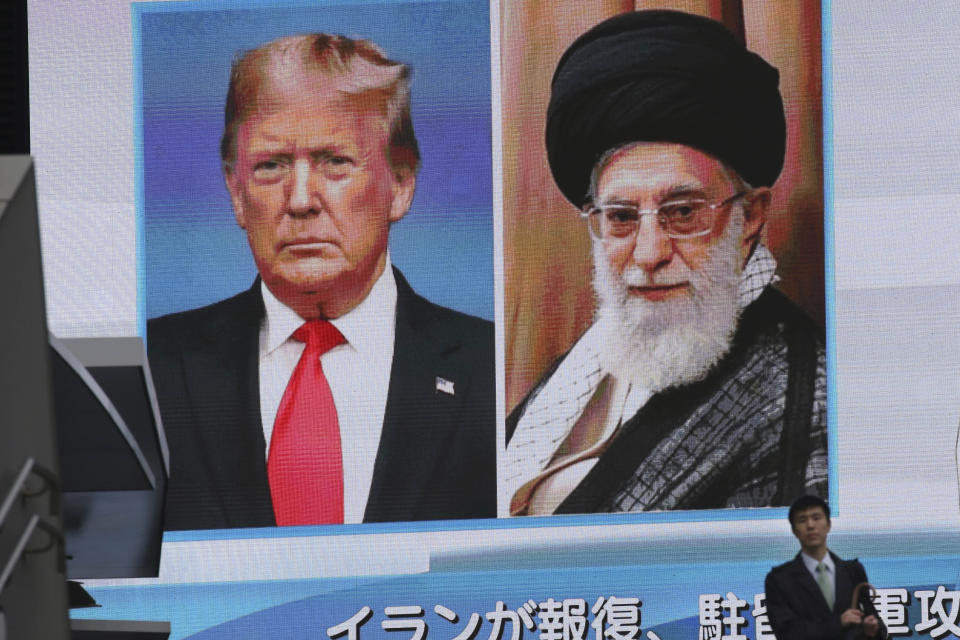Trump's experts are gone and he's 'left with rookies': Greg Valliere
Iran’s retaliatory missile strikes on bases in Iraq housing U.S. troops early Wednesday are raising new questions over President Donald Trump’s foreign policy. While Wall Street has largely shrugged off the strikes, one prominent policy strategist tells Yahoo Finance that the president’s response to the tensions in the Middle East may point to a deeper issue inside the White House.
“I think that a lot of the adults in the room are gone,” Greg Valliere, the chief U.S. policy strategist at AGF Investments, tells Yahoo Finance’s On The Move. “There were some really first rate people who I think guided the president. Now he has a bunch of rookies, people who don't have that much experience. He's very thin on the policy side. So it is troubling.”
Robert O’Brien, the president’s current national security adviser, came to the role after a long career as a trial lawyer and after holding several posts in the George W. Bush administration. Defense Secretary Mark Esper is a former Army officer, and Congressional staffer, who also worked as a top lobbyist for Raytheon.

It’s a far cry from the decades of experience that former national security adviser John Bolton and former defense secretary James Mattis, a retired marine general, brought to the job, Valliere said, and that’s leading to worries among members of Congress over who’s advising the president.
“I think we all would have to agree his temperament can be erratic, influenced by the last show he saw on Fox,” Valliere said. “I've talked to plenty of people on Capitol Hill who are conservative, who are concerned that this president is so erratic.”
The president has so far struck a reassuring tone, tweeting overnight that “All is well!” in the wake of the missile strikes. Iran’s foreign minister, Javad Zarif, also tweeted that Iran does not “seek escalation or war, but will defend ourselves against any aggression.”
But inside Iran, the discussions may be more robust, Valliere said.
“There are many factions in Iran,” he said. “And I think some of those factions probably are arguing right this minute that they haven't done enough.”
The big beneficiary of the tensions with Iran may be the defense sector. Companies like Raytheon (RTN), Lockheed Martin (LMT) and Northrup Grumman (NOC) have all been moving higher since the killing of Iranian Gen. Qassem Soleimani.
“I think one of the one of the big winners in the last three, four days is the U.S. defense sector,” Valliere said. “I think defense stocks will continue to benefit from a tremendous surge of spending in Washington.”
Read more:
Iran is 're-examining its entire intelligence infrastructure': geopolitical expert
What a US-Iran war could mean for the economy
What heightened US-Iran tensions could mean for oil prices
Read the latest financial and business news from Yahoo Finance
Follow Yahoo Finance on Twitter, Facebook, Instagram, Flipboard, LinkedIn, YouTube, and reddit.

 Yahoo Finance
Yahoo Finance